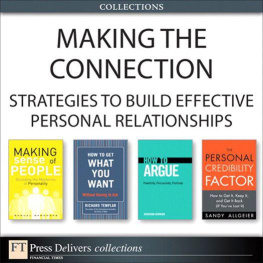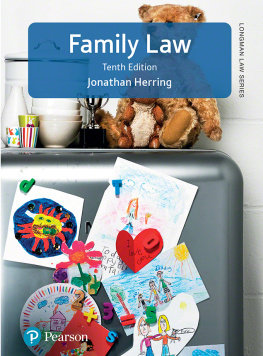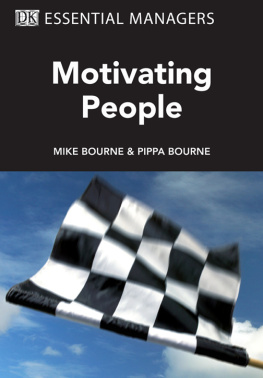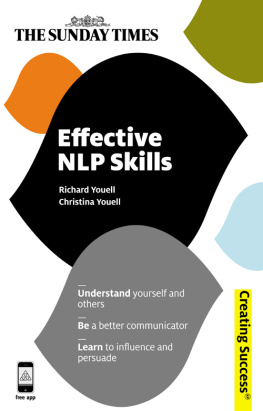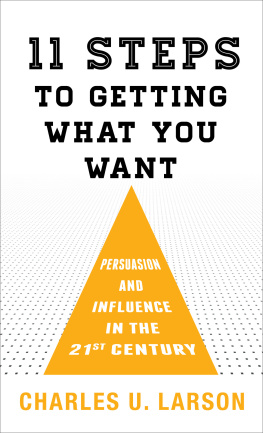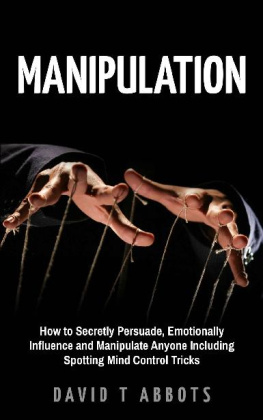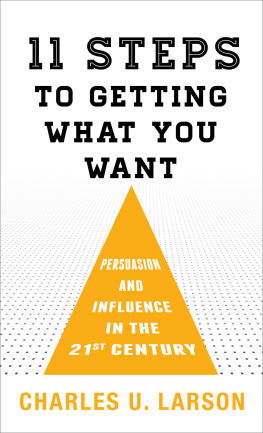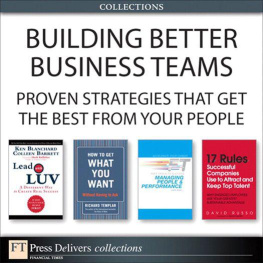Jonathan Herring - Making the Connection: Strategies to Build Effective Personal Relationships
Here you can read online Jonathan Herring - Making the Connection: Strategies to Build Effective Personal Relationships full text of the book (entire story) in english for free. Download pdf and epub, get meaning, cover and reviews about this ebook. year: 2012, publisher: FT Press, genre: Home and family. Description of the work, (preface) as well as reviews are available. Best literature library LitArk.com created for fans of good reading and offers a wide selection of genres:
Romance novel
Science fiction
Adventure
Detective
Science
History
Home and family
Prose
Art
Politics
Computer
Non-fiction
Religion
Business
Children
Humor
Choose a favorite category and find really read worthwhile books. Enjoy immersion in the world of imagination, feel the emotions of the characters or learn something new for yourself, make an fascinating discovery.
- Book:Making the Connection: Strategies to Build Effective Personal Relationships
- Author:
- Publisher:FT Press
- Genre:
- Year:2012
- Rating:3 / 5
- Favourites:Add to favourites
- Your mark:
Making the Connection: Strategies to Build Effective Personal Relationships: summary, description and annotation
We offer to read an annotation, description, summary or preface (depends on what the author of the book "Making the Connection: Strategies to Build Effective Personal Relationships" wrote himself). If you haven't found the necessary information about the book — write in the comments, we will try to find it.
A brand new collection of powerful insights into persuading, motivating, and inspiring everyone you work with 4 pioneering books, now in a convenient e-format, at a great price!
4 remarkable eBooks help you persuade, influence, convince, and inspire everyone around you
These 4 extraordinary eBooks offer you an unprecedented toolset for persuading, influencing, inspiring, and motivating everyone around you. In How to Argue: Powerfully, Persuasively, Positively, Oxfords Jonathan Herring teaches you how to calmly and confidently persuade in any environment -- free of fear, confusion, and intimidation. Youll earn practical skills that make some people so articulate and compelling how to handle difficult people and heated situations how to make your point more powerfully than ever before. Next, in The Personal Credibility Factor: How to Get It, Keep It, and Get It Back (If Youve Lost It), renowned personal coachSandy Allgeier shows how to systematically build your personal credibility -- the #1 attribute in earning trust and success. Allgeiers hands-on assessment tool will help you bring more authenticity and transparency to your interactions, and her practical guidance on listening will help you earn others trust even if you ultimately choose to disagree. Allgeier concludes with seven specific steps you can take every day to increase personal credibility, and rebuild credibility youve already lost. Then, in How to Get What You Want...Without Having to Ask, best-selling author Richard Templar offers up 100 clever, simple, pain-free ways to get people to happily say yes to you. Youll discover bite-size techniques for getting what you want without saying a word and when you do still have to ask, youll find the techniques and words thatll get the job done. Finally, in Making Sense of People: Decoding the Mysteries of Personality, renowned psychiatrist and neuroscientist Samuel Barondes shares practical tools for understanding what individuals are really like -- and how they got that way. He offers a complete system for assessing each persons traits, character, and sense of identity, integrating those elements into a unified picture, and using it to be more effective in every area of your life. Learn how to supplement your intuition to choose more satisfying relationships, recognize telltale signs of dysfunction and danger, and savor the complexity and uniqueness of everyone you meet!
From world-renowned experts in personal coaching, human motivation, and psychologyJonathan Herring, Sandy Allgeier, Richard Templar, and Samuel Barondes
Jonathan Herring: author's other books
Who wrote Making the Connection: Strategies to Build Effective Personal Relationships? Find out the surname, the name of the author of the book and a list of all author's works by series.

